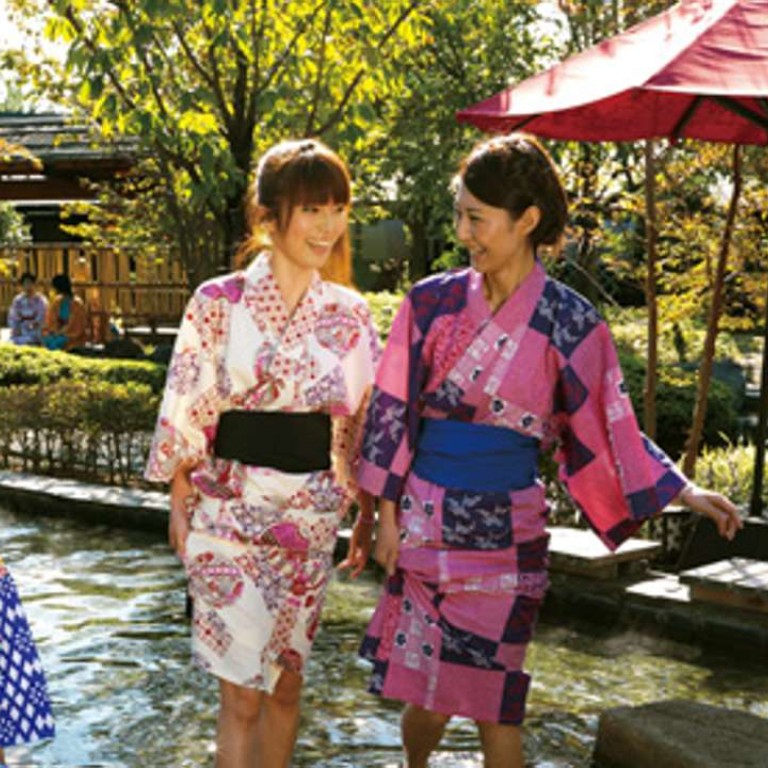
Tokyo hot spring resort seeks legal action over Shanghai copy
The operator of a hot spring resort in Tokyo is consulting with its legal representatives after a near-identical copy of its hugely popular Ooedo-Onsen Monogatari opened in Shanghai.
Ooedo-Onsen Monogatari Co., Ltd., opened its urban onsen in the Odaiba district of Tokyo in 2001 and it quickly became a hit with foreign visitors and local residents alike.
As well as hot springs - both indoors and outdoors - the resort has a rock salt sauna, restaurants, spas, massage facilities and an indoor area with shops designed to look like Tokyo during the Edo period.
In a statement, the company said it had been made aware of a similar facility that opened recently in Shanghai named Ooedo Onsen Monogatari.
An official of the company said that it is “consulting with our legal representatives to discuss the measures we will take in the future”.

“Currently, facilities operated by our company are limited to Japan and we have not set up companies using the Ooedo Onsen name overseas,” the company said.
“In addition, we are not engaged in any capital tie-ups or business alliances with other organisations,” it added, dismissing claims by the operator of the Chinese facility that it has a contract to use the Ooedo-Onsen Monogatari name in China.
Quoted by Japan’s Jiji Press, an official for the Shanghai company claimed 14 employees had visited the Tokyo onsen for training. He added that the Japanese company had offered assurances that there would be no problems opening a similar facility in China.
A number of Japanese companies have expressed displeasure with Chinese firms over the expropriation of their trademarks or product names, ranging from counterfeit nappies to rice packaged to look like expensive Japanese brands. A row over intellectual property rights even broke out in 2010 after a theme park in Chengdu erected a huge statue of a robot that bore a striking resemblance to the Gundam robot in the Odaiba district of Tokyo.

